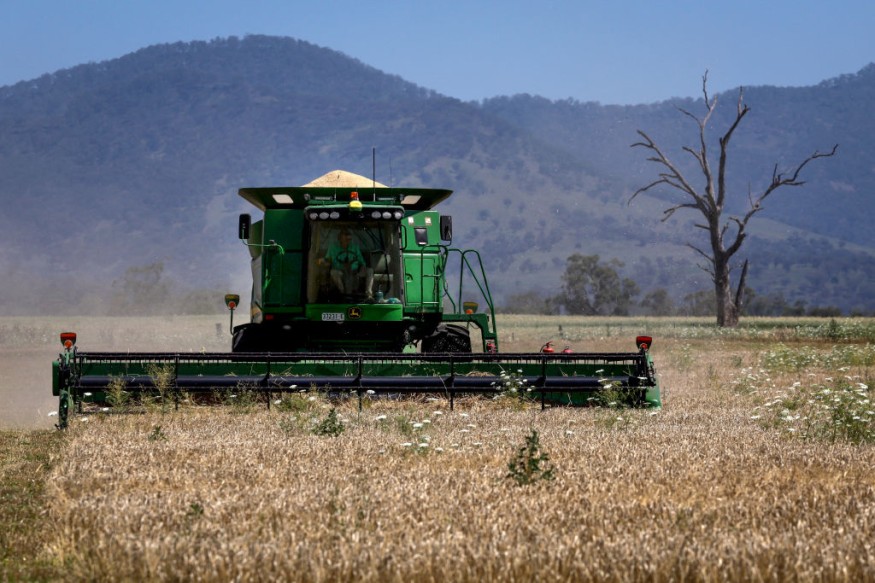Researchers discovered that gene editing can help protect crops and wheat from the alarming threats of extreme weather events, climate change and rising temperatures.
Food security is important for communities and cities, especially the supply of wheat and other crops. Wheat is a significant food source due to lots of minerals it provides.
However, farmers have struggled due to the effects of climate change, extreme weather events and rising temperatures. It can reduce the supply of wheat and affect food security.
As a result, researchers find ways to protect crops and wheat, especially from threats of diseases and extreme weather events. Climate change can intensify extreme weather events, including drought, wildfires and storms.
Gene-Editing To Save Wheat From Climate Change

The threat of climate change and extreme drought threaten the wheat (Triticum aestivum L) supply exacerbated by extreme weather events and rising temperatures. However, researchers developed new insights to protect the impacts of climate change on wheat.
The unpredictable weather is also a factor that could affect wheat production. The research findings were published in the Frontiers in Plant Science. Researchers highlighted that Triticum aestivum is vulnerable to changing and rising temperatures, especially in the growing season.
Wheat growing should be in the optimum temperatures, ensuring it will yield more for farmers, especially between 17-23° centigrade. Researchers explained that gene editing in the DMC1 will become helpful in protecting wheat from devastation due to climate change.
Researchers at the John Innes Center, a group of f Professor Graham Moore, conducted experiments to observe wheat fertility. Understanding more about wheat gene editing will increase wheat fertility and wheat.
Furthermore, the researchers observed the DMC1 gene that helps with the temperature tolerance of wheat crops. The reduction in crossovers of DMC1-D1 is important to increase the wheat yield and survive the unpredictable weather conditions due to climate change.
Extreme Weather and Climate Change Impact on Crops
According to recent reports, climate change can significantly threaten food security, especially access to food quality and supplies. Extreme weather events and unpredictable patterns can affect agricultural production or supplies.
The widespread impact on food security can increase food prices worldwide. The frequent extreme weather events can significantly impact communities, having less time to prepare.
As a result, effective weather forecasting and mitigation plans will anticipate the effects of climate change on major global crops. In addition, drought can also make it more challenging for farmers to improve yields.
Related Article : Reducing Air Pollution Benefits Plants' Ability to Fight Climate Change
For more similar, don't forget to follow Nature World News
© 2025 NatureWorldNews.com All rights reserved. Do not reproduce without permission.





